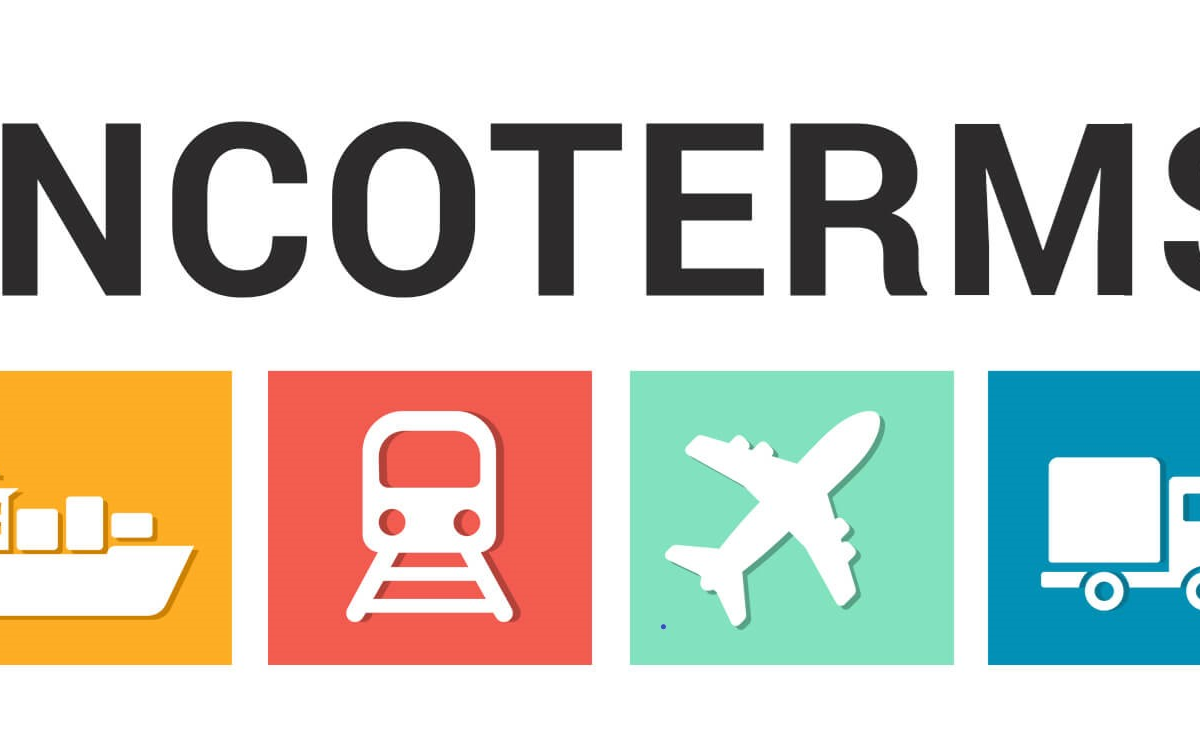
This article is written by Austin Garcia
The False Claims Act (FCA) is a key tool for the U.S. government. It fights fraud against public money. This law makes people or groups liable. This happens if they knowingly submit false claims. This also applies if they cause false claims.
The FCA also has a “reverse false claims” rule. It holds people liable if they avoid paying money owed to the government. For importers, this often means undervaluing goods. It can also be misclassifying products. This includes using the wrong HTSUS code. Or it can be lying about where a product came from.
FCA Liability: Beyond Just Intent
You don’t need proof of clear fraud for FCA liability. The law also punishes actions. These include reckless disregard. Or it can be deliberate ignorance of rules. Penalties are serious. They include triple damages. Fines range from $14,308 to $28,619 per claim. These fines adjust for inflation.
More FCA Investigations and Enforcement
FCA investigations have risen sharply. The Department of Justice (DOJ) reported record whistleblower cases in 2024. Nearly 1,000 cases were filed. This is up 37% from 2023. It’s up 60% compared to 2019. Government-led investigations also rose a lot. They reached 423 cases in 2024. This is almost triple the 2019 number. Along with more investigations, money recovered also rose. Nearly $3 billion was collected in 2024. This was from settlements and judgments. It is up from $2.8 billion in 2023.
FCA Covers Many Government Funds
Many FCA investigations focus on healthcare. This includes Medicare and Medicaid. They also target government contracts. But the law covers a wide range. The U.S. Supreme Court confirmed this. In one case, it said the FCA covers any government funds. This is true even if the government gives only a little money. It also applies if money goes through another party.
Customs Violations Face More FCA Scrutiny
Customs violations are increasingly under FCA review. For example, International Vitamins Corporation settled for $23 million in 2023. This was for misclassifying products. Linde GmbH settled for $22 million. This was for lying about imported construction supplies. They also lied about tariff eligibility. Toyo Ink Manufacturing Co. Ltd. paid $45 million. This was for faking country-of-origin documents. This helped them avoid duties.
Key Compliance Risks for Importers
Importers must be careful. They face more scrutiny on customs duties and tariffs under the FCA. Specific concerns include:
- Misclassifying goods: Changing classification to lower tariffs. Or avoiding specific tariffs like on steel.
- False country of origin: Lying about where goods come from. This avoids tariffs, like those on Chinese imports.
- Not paying antidumping duties: Failing to pay tariffs. These fight unfair trade.
- Undervaluing goods: Reporting a lower value. This reduces duties owed.
- Excluding assists or royalties: Not including production aids or royalties. These must be included.
- Avoiding transfer pricing studies: Not proving declared value accuracy. This is for goods from related companies. It can lead to undervaluation.
- Ignoring past mistakes: Not fixing similar past entries. Not paying owed duties. Not using the Post-Summary Corrections Process. This is when Customs finds an error.
Proactive Compliance is Now a Must
Tariff rules are more complex. Enforcement is tougher. Importers must prioritize customs compliance. Stronger compliance efforts are now required. Taking steps to ensure correct tariff payments helps. It lowers the risk of customs penalties. It also lessens the chance of whistleblower lawsuits. Today, strict compliance must be part of risk management. Tariffs’ complexity demands more compliance. Importers must be careful to avoid FCA penalties.
Tariff Compliance: Get Help from Tradeflex Group
Today’s trade world is complex. Tariffs are high. Proactive compliance is key. It avoids financial and legal problems. Tradeflex Group helps importers. We navigate complex tariffs. We also ensure rules like the False Claims Act are followed. Our experts give tailored advice. We ensure correct payments. We guard against costly penalties. Tradeflex Group helps your business thrive. We make compliance part of your risk plan.



